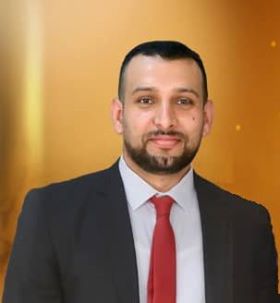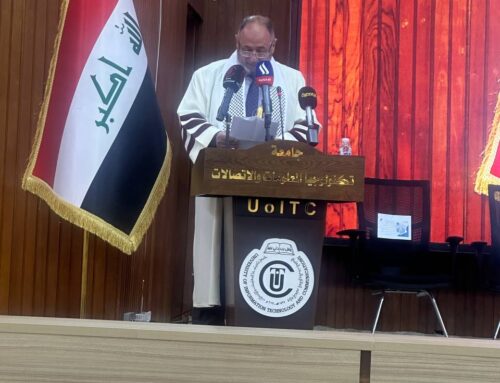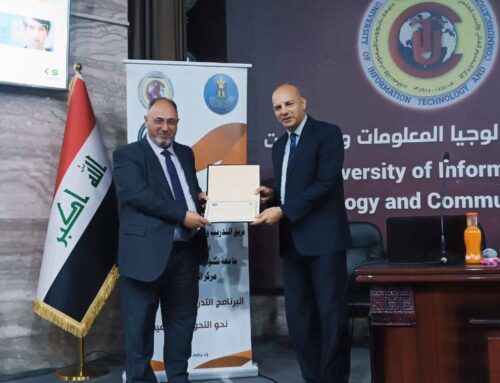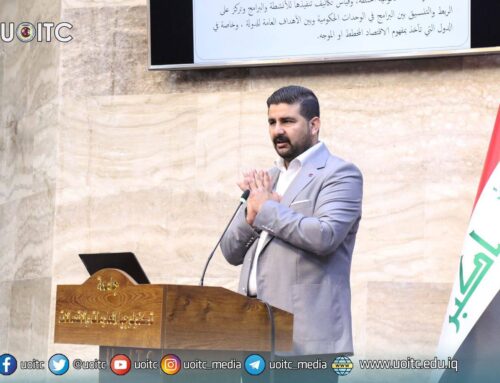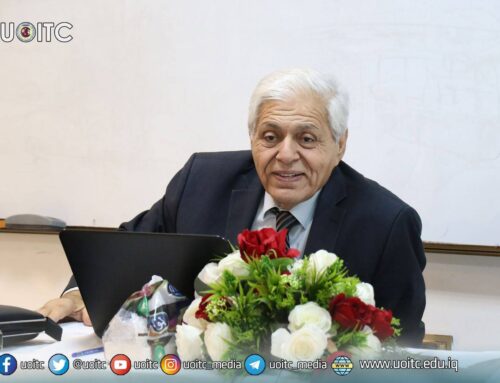A Lecturer from the University of Information Technology and Communications Published a Research in IEEE Access Journal
Laith S. Madeed a Lecture in the UoITC published paper in IEE Access journal that is ranked in the first quarter Q1 under Scopus with impact factor 3.5.
This research was in cooperation with Dr. Farhan from the university of Diayala and a number of researcher form British universities, the research title is “Towards Interference Aware IoT Framework: Energy and Geo-location based Modeling”.
The research concentrated on the multi-hop wireless communication systems in which the IOT devices should exploit their resources efficiently to send the data packets because most of the IOT devices are supported with limited battery energy and hence the power consumption is the main thing in designing wireless sensor nodes.
Wireless technologies typically use unlicensed 2.4 GHz frequency band for data transmission. Because of the spectrum of signals that use the same frequency band an interference issue occurs that affects on the data transfer and communication quality, one of the best solutions is to reduce the signals that use the same frequency by nominating some of nodes communicate on behalf the other nodes using multi hop till reaching to the final destination.
In addition, the proposed routing determines the node that contains a few adjacent nodes and thus less interference. In other words, the protocol finds a better load balancing and thus reduces the probability of overloading the sensor node.
The search also provides a new aggregation algorithm around a single base station to shorten transmission distances. This approach periodically selects cluster heads (CHs) according to its location based on the distance from the final destination. Intensive simulation studies reveal that the proposed algorithm finds the best routing node and cluster configuration to guide traffic and thus reduce interference. The proposed protocol achieves a lower power consumption and increases network lifetime than other common protocols.

